Are cheat days OK? We review the evidence on cheat days and weight loss, considering other physical and psychological consequences.
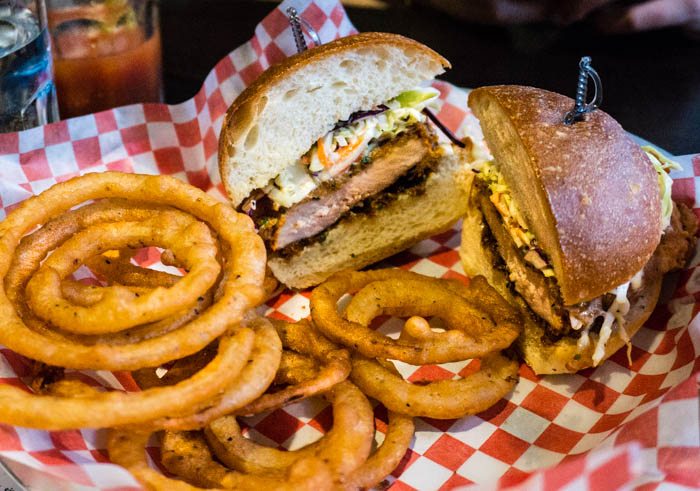
If I had a dollar every time I heard someone say “it’s my cheat day” before digging into a platter of wings, I’d be sailing in a private yacht in the Mediterranean by now. This has become such a common phrase that I honestly don’t think I can go a week without hearing someone make a joke about how they’re “cheating” with food.
Interesting. Let me ask you a question: When the word “cheat” comes to mind, what types of scenarios automatically jump into your head? For me, it’s things that are objectively frowned upon, things like cheating on a partner, cheating your taxes, perhaps cheating on an exam. According to the dictionary, to cheat means to “to deprive of something valuable by the use of deceit or fraud”. Sounds totally fair when applied to the above scenarios – but to label eating, an act that is literally essential to our survival, as “cheating”? What the actual f?%$?? So are cheat days ok?!
What is a Cheat Day?
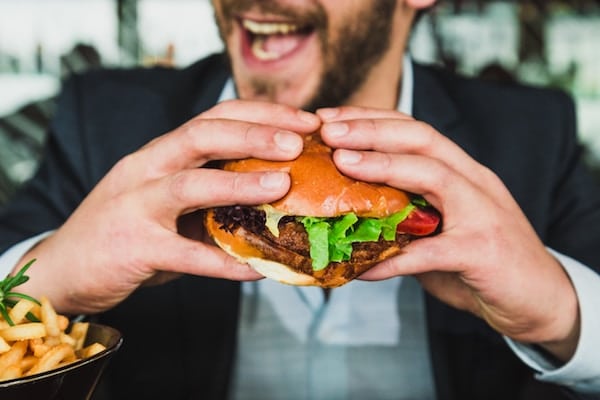
Basically, by most people’s definitions, six days of the week, let’s say Monday-Saturday, you follow a regimented diet that is usually highly restrictive and controlled (aka. a diet). By the time the seventh day rolls around, you’re able to “cheat” on your diet and finally indulge in ALL THE THINGS you’ve been depriving yourself of all week. Basically, you get full “permission” to go ham and eat whatever you’d like.
As a dietitian and someone who with a strong emphasis on the pleasurable eating experience, I have a whole list of reasons as to why I think there’s a huge problem with the concept of “cheat days”. My two main beefs? The lack of evidence showing how cheat days can improve your overall health (so, why do it?), and the psychological toll that the label of “cheating” can have on your relationship with food (cue: the perfect setup for guilt and overeating).
So let’s get into the truth about cheat days.
The Physical Impact of Cheat Days
Let’s look first at the impact of cheat days on health and nutrition to see if cheat days are ok.
Cheat Days Probably Won’t Help You Lose Weight

Proponents of cheat days theorize that by restricting your energy intake for six days a week, and then overeating energy-dense, high-carb and high-fat foods on the seventh holy day, your body will change in two ways:
1) Leptin, the “fullness hormone” will increase, meaning you’ll have a smaller appetite
2) Metabolism will “spike” for the rest of the week, helping you burn more calories
In other words, by shocking your system through a day of so called “bad” foods, you can trick your body into a high metabolic fat burning mode.
Hearing this the first time, my immediate thought was, what the actual F. However, as with all eating trends and fads, I turned to the evidence before I applied my judgment.
Here’s what it had to say.
There’s simply no evidence to support the idea that cheat days will boost your metabolism and help you burn more fat in the following days. In fact, with a time period SO short, like literally only 12 hours a week if you account for time spent snoozin’, there aren’t any studies that have specifically focused on this. One day a week is just too specific and sporadic for there to be substantial research.

However, there are studies that look at “short term overeating” on a broader scope, ranging from three to eight weeks. Let’s talk about those. Yes, studies (and here) do show a slight increase in metabolism by about 3-10% after a short period of overeating. BUT, from a weight loss perspective, which is the goal of many of my cheat day-loving peeps, the slight metabolic boost just isn’t enough to “break even” and compensate for the caloric overload when you choose to eat a cheeseburger, poutine, milkshake, cheesecake and stack of pancakes all in one day. In fact, everyone in the studies still ended up gaining weight from overeating. Clearly, if lowering the number on the scale is your goal here (and it shouldn’t be the goal, but that’s a whole other post), restricting, and then setting yourself up to overeat (even if just one day a week) is definitely not a good plan.
This study was even more short-term, meaning it’s more similar to the cheat day diet – woot! It focuses on the effects of overeating for three days, which I know is not as little as one day, but hey, it’s the closest we can get right now.
What did it find?
That excessive high-carb diets (aka eating allll the bread on your cheat days), increased leptin levels by 28% and calories burned by 7%. Excessive high-fat diets had no impact. Remember how I said leptin is your “fullness hormone”? This indicates that binging on high-carb foods could be linked to a smaller appetite afterwards, however, it’s important to note that the leptin increase only lasted for twelve hours. In accordance with the cheat day diet, that’s definitely not enough to sustain the other six days of the week. This team found similar results of a leptin increase, but also found a simultaneous increased leptin resistance, meaning our bodies don’t pick up on the fullness signals that leptin is sending very well. I’ve written about all things leptin resistance here. So just because we have temporarily raised leptin levels doesn’t mean we’ll have smaller appetites and boosted metabolisms. Not surprising here, folks!
Cheat Days Linked to Diabetes Risk
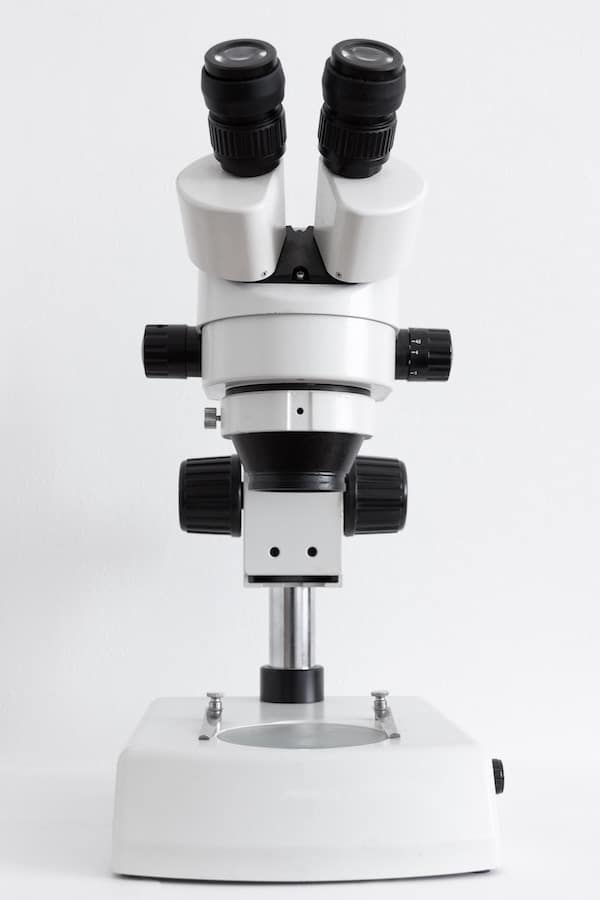
Although there are no specific studies on cheat days and weight, there are studies about its effect on your risk for diabetes. This team found that young, healthy adults who ate an excess of high-fat foods for only one day had impaired insulin sensitivity, which translated to an increased risk of developing diabetes. Similarly, another study of mice on “scheduled, large, binge-type meals” (sounds like a cheat day, anyone?) also showed metabolic signs indicating a link to development of diabetes. It’s important to note that the first study only included fifteen adults, and the second study was of mice, so definitely not the same as a large group of human people. I also don’t want to scare you into thinking cheat days will automatically lead to diabetes either. But it looks like there may be some link and I’m curious to find out what larger, more controlled studies will tell us about cheat days and diabetes in the future.
The Psychological Toll of Cheat Days

So we’ve established that there isn’t really any physical health benefit to cheat days. It probably won’t even help you lose weight. But are cheat days ok for our mental health? What about the psychological impact?
Well, here’s the thing: I’m all for you eating whatever you feel like on a Sunday afternoon. It’s summer, the sun is shining, you’re feeling good, so yes, go eat that slice of fudgy chocolate cake and bask in its delicious glory. My biggest beef with this whole concept is the name it advertises itself in – CHEAT days?! What ever happened to just eating what you want in the moment? Last time I checked, it’s not a novel idea. It’s just plain old eating (gasp)!
There’s really no need for catchy clickbait names that further the pressure to feel guilty from eating certain foods. The healthiest way to eat is by simply listening to your body and letting it be your guide. Some days it may want kale, and others it will want cheese fries. It all comes out in the wash.
So why do people follow the concept of cheat days? Like with all fads, they’re super charming, sound intriguing, promise quick fixes and has just the right amount of marketing appeal for people to buy into it. And it’s not your fault. The diet industry is now worth $66.3 billion, and we’re constantly bombarded with “new and novel” eating patterns to help “optimize our health”. I’m almost certain that by next year “cheat days” will be long gone and replaced with something new. There are many psychological and emotional problems associated with cheat days, so let’s get into it by starting with the problem with labelling foods.
The Morality of Food
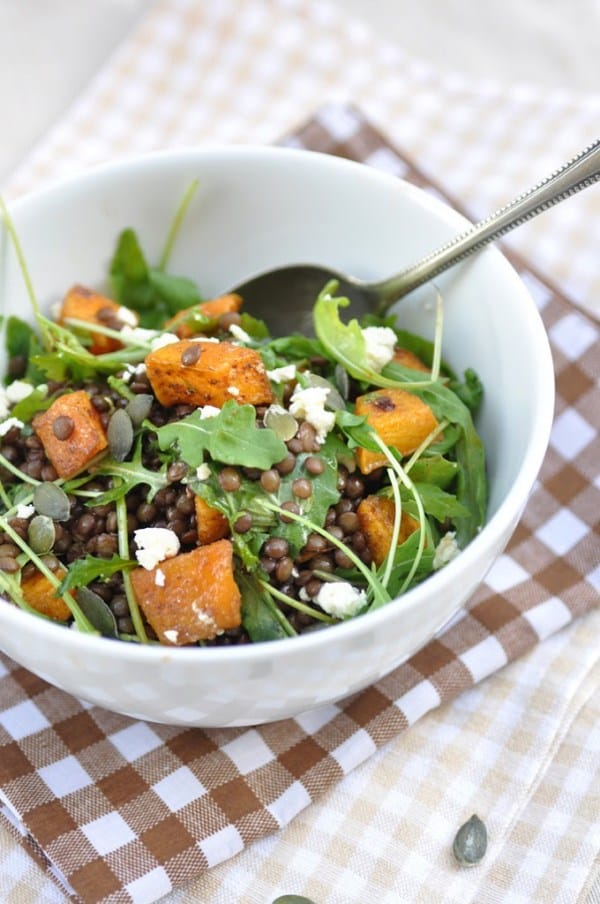
Like I said before, the word “cheat” is morally loaded. It may seem like something you’ve picked up as an adult, but we’ve actually been taught to put positive or negative values on food since birth. It’s so common for new mamas to mean well and want to feed their babes more and see them grow strong, but it usually comes with phrases such as, “Be a good boy and have just one more bite of your veggies!” Just like that, we’re teaching our kids that there are “good” food and “bad” foods, and we too can be good or bad depending on what we eat. More often than not, the idea of a “cheat day” comes wrapped up in a package with moral appraisals of ourselves: “I’m so bad I ate cake today.” Um, you’re enjoying a cupcake, not robbing a kindergartener of their milk money.
So relax, don’t put a value-ridden label on everything you eat. Food does not have emotions, it does not have intentions, and it definitely doesn’t define you. You are you, food is food – you’re not cheating, you’re just making a choice. By calling certain foods “bad” or “dirty”, it can create feelings of unnecessary guilt after eating, which almost always leads you into a cycle of restriction, overeating, regretting, and repeating the cycle over again.
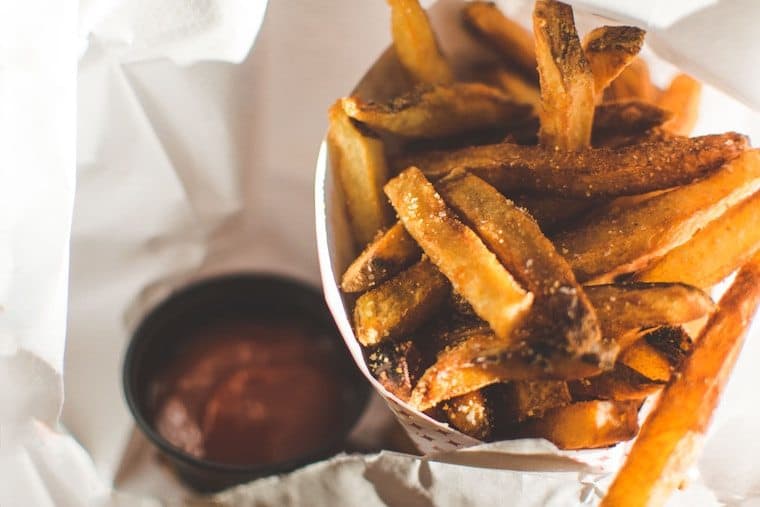
Cycle of Overeating
So let’s talk about that overeating bit now. A lot of people who do cheat days while dieting say they find the cheat day helps them stick to the diet by giving them a little nugget of happiness at the end of a gruelling week of restriction. Okay those words are paraphrased, and not necessary a hard quote, but I’m sure a lot of you reading this can agree with that sentiment.
Here’s the thing: if you need a day where you physically make yourself sick from overeating and that feels better than all of the other days of the week where you’re feeling deprived, YOU PROBABLY SHOULDN’T BE EATING THAT WAY. Neither of those states feel good, because neither involve actually listening to and respecting your body.
Not only does it not feel good, but this study showed that depriving yourself causes more food cravings and overeating, mostly in restrained eaters like those who follow the cheat day diet. Now imagine depriving and restraining yourself for not only a day, but a whole week? By following strict food rules for six days a week, every single week, you’re setting yourself up for a full-on eating session later on (click here for tips to avoid this type of overeating). Dieting is one of the biggest predictors of overeating and future weight gain, so wouldn’t you rather just have mindful moderate amounts of your favourite foods each day rather than pack it all into just one day? I don’t know about you, but that sounds way more pleasurable to me.
The Bottom Line: Are Cheat Days OK?

First and foremost, “saving” all sweets, pizzas and such for one day of the week may work super well for some people and comes easily without all the feelings of stress, guilt and shame. If you’re one of those people, and this way of eating supports your physical and emotional health, then you just keep doing you. Who am I to tell you how something makes you feel?
However, I do see many problems with a cheat day, and why they won’t work, physically, or psychologically, for most people. From a research perspective, there’s just not enough evidence to support the health and weight loss benefits that boosted cheat days into fame in the first place. From a psychological and old-fashioned foodie standpoint, having a cheat day simply strips away all the joy of eating. Sunday (or whatever day you choose to “cheat” automatically becomes the best day of the week, the only day where your meals bring you life (c’mon people – every meal should!). Then every other day of the week is just grey, boring, cold, sterile, and overall…meh. What kinda life is that?!
Ladies and gents, it doesn’t have to be this way. I’m not telling you to eat sweets all day every day (if you were listening to your body, you probably wouldn’t want to anyway). But if we truly are tuning in, it’s really easy to enjoy things in moderation (like I talk about right here). Following a “no food rules” approach and just living by a few basic nutrition foundations is the key to having a healthy, sustainable relationship with food.
Contribution By: RD2B Trista Chan
More Blog Posts You Might Like
If you found this post helpful, you may want to check these out!
- Is Food Obsession Real? How to Stop a Sugar Addiction
- Keto Cheat Day | Do They Cause Health Risks or Weight Gain?
- Intuitive Eating: Making Peace with Food
- Carb Cycling: Should You Be Carbohydrate Cycling to Lose Weight?
Do you have a cheat day every week? Are cheat days ok for your physical and emotional health? Share your experience in the comments!
Updated on March 3rd, 2024

Abbey Sharp is a Registered Dietitian (RD), regulated by the Ontario College of Dietitians. She is a mom, YouTuber, Blogger, award winning cookbook author, media coach specializing in food and nutrition influencers, and a frequent contributor to national publications like Healthline and on national broadcast TV shows.





Sarah says
I focus on eating nutritious and satisfying meals and I include my favourite food throughout the week, however, I admit, I do think of my weekend food “fun” as “cheating” (whether that is a cheat day or a cheat meal) and, after reading your blog, I am resolved to think of it differently as there is always guilt associated with it. Honestly, I think I will struggle not to give it a name (other than “eating”) that delineates it from my regular, more balanced intake. This kind of eating tends to occur for me at social events. Maybe it is “social” eating?
Kathy says
I don`t do “cheat days”. I stick to treating myself once a week (sometimes twice if I’m out or over at someone’s house and they make something unexpected). I will admit to scheduling. My brain likes to go to the obsessive side when it comes to food, so for me, including my treat (be it a dessert or a meal) in my meal plan kind of helps me take my mind off of the obsessing somewhat. I know I struggle with food and eating issues, I was diagnosed in the past with an eating disorder, so for me, planning everything out helps so much cause then I dont have to think all week about making sure I’m getting a balanced diet and not depriving myself of anything, and that includes some of the not so great foods.
Abbey Sharp says
Hi Kathy, thanks so much for sharing.
Mikki says
Great post. I have never liked the term ‘cheat day’. It seems like we are doing something we aren’t supposed to be doing.
It’s all about balance…
Abbey Sharp says
RIGHT! No one needs that
Julie @ Running in a Skirt says
I totally agree with this! I think it’s better to just eat something not as “good” every once in a while when you are craving it instead of having an entire day to overindulge.
Abbey Sharp says
Yup!
Farrah says
I jokingly call random days my cheat days, but don’t actually treat it as such–I’m not trying to lose weight and eat healthily most meals out of the week, so I do have random meals (e.g. when going out with friends) where I have “treat yourself” type meals that I don’t feel guilty about. I can definitely see how there can be a guilty mentality associated with using that terminology though!
Abbey Sharp says
Yeah I hear ya and I think treat yourself is a better way to describe it. There’s such a negative connotation with “cheat days”
Emily @Sinful Nutrition says
I don’t really believe in cheat days, but rather fully enjoying and being mindful around “treats”. If I want ice cream, I’m gunna have ice cream!
Abbey Sharp says
Woo! Love it
Kelly says
I totally agree with you! There’s no need to “cheat” if you continue to eat real food on a regular basis!
Abbey Sharp says
right!!
Deborah Brooks says
While I am not a fan of the phrase “cheat day”, I do think part of healthy eating and living is eating certain foods every once in a while that you really enjoy
Abbey Sharp says
I’m with ya!